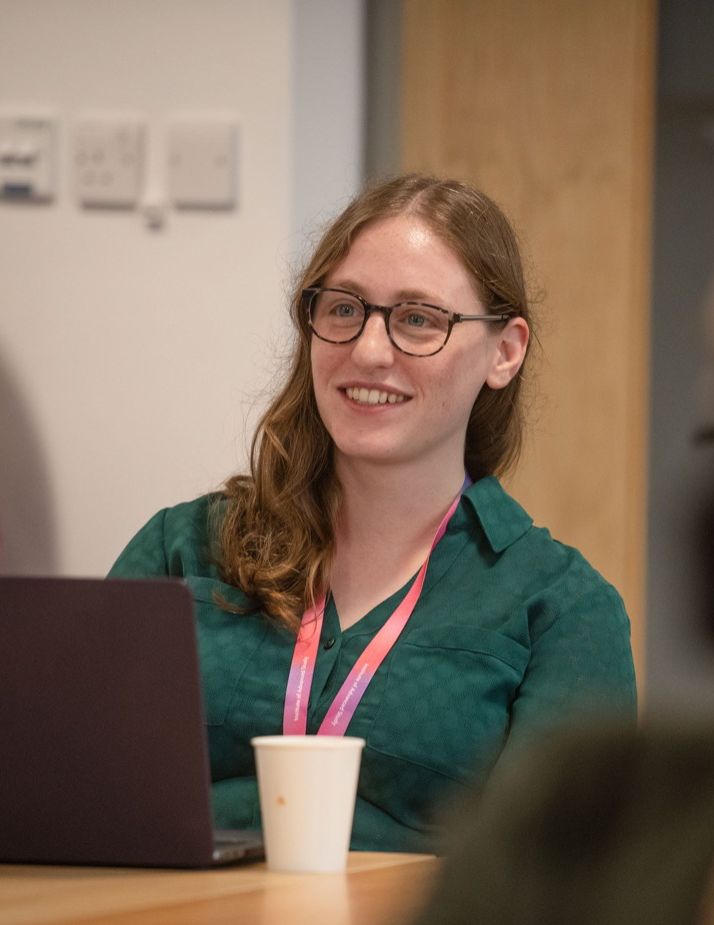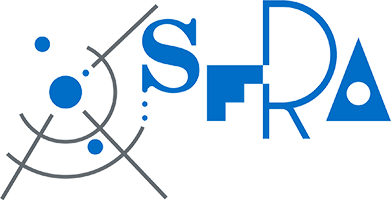2023-2024 (Track A)
Support a New Scholar Awardee:
Nora Castle

Brief Bio
Nora Castle is an Early Career Fellow at the Institute of Advanced Study at the University of Warwick, UK. She recently passed her viva for her PhD thesis, “Food Futures: Food, Foodways, and Environmental Crisis in Contemporary Science Fiction.” Nora’s research interests include food futures, critical animal studies, critical plant studies, and utopian architecture and design in/as science fiction. Her recent publications include “In Vitro Meat and Science Fiction: Contemporary Narratives of Cultured Flesh” (Extrapolation, 2022), a co-edited Special Issue on “Food Futures” (2022) in Science Fiction Studies, and a forthcoming co-edited volume on Animals and Science Fiction (Palgrave).
Research Summary
Nora’s PhD project, “Food Futures: Food, Foodways, and Environmental Crisis in Contemporary Science Fiction”, advocates for a turn to science fiction as a crucial method of approaching the urgent question of the future of food. Situated at the interstices of science fiction studies, food
studies, and the environmental humanities, it focuses on meat, plants, kitchens, and farms as thematic streams in recent (2002-2022) sf, particularly in the shadow of climate change and environmental catastrophe. Her thesis incorporates not only the storyworlds of sf from across a
range of subgenres, modalities, and countries of origin, but also the future-oriented narratives that surround technoscientific food advancements in the real world. Taken together, this “food futures megatext” can help extrapolate what a future food system might look like—and reveals the social, cultural, political, and infrastructural pressures that shape and are shaped by the
world-food-system today.
